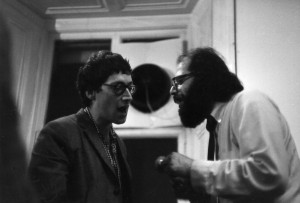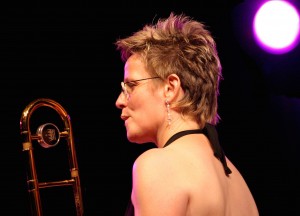 Adam Horovitz reflects on the impact of the International Poetry Incarnation in 1965 and looks forward to the celebratory party for it.
Adam Horovitz reflects on the impact of the International Poetry Incarnation in 1965 and looks forward to the celebratory party for it.
I have spent most of my life aware of the International Poetry Incarnation, which took place in the Royal Albert Hall in 1965, very nearly 50 years ago. My father, Michael Horovitz, helped organise it, so of course I was going to be exposed of it. Growing up, I knew some of the poets. They were often about, in our house or at events, being genial and strange and merely a part of my metaphysical furniture.
For a long time, the 1965 Incarnation was a big poetry gig in the sky that people talked about and that I accepted as just another impressive thing that fathers do. As I have grown older, however, and become more interested in poetry in my own right, it has been hitting ever more forcefully home to me what a turning point this Incarnation, this 1965 happening, was.
Poetry in Britain was somewhat in the doldrums in the 1950s, as far as it being a public art went. It tended to sit in small rooms in universities and libraries and speak to and of itself. With my father’s generation – people like Adrian Mitchell, Christopher Logue, Pete Brown – poetry picked itself up and went running around the country talking to people who didn’t expect poetry to come leaping out of hedgerows at them. It went charging up to the Edinburgh Festival and touring through towns and cities with musicians and actors and playwrights in tow. Poetry began to listen, and to sing out in different rhythms. It offered up a party where only drier forms of symposia had appeared available before. Continue reading

Recent Comments